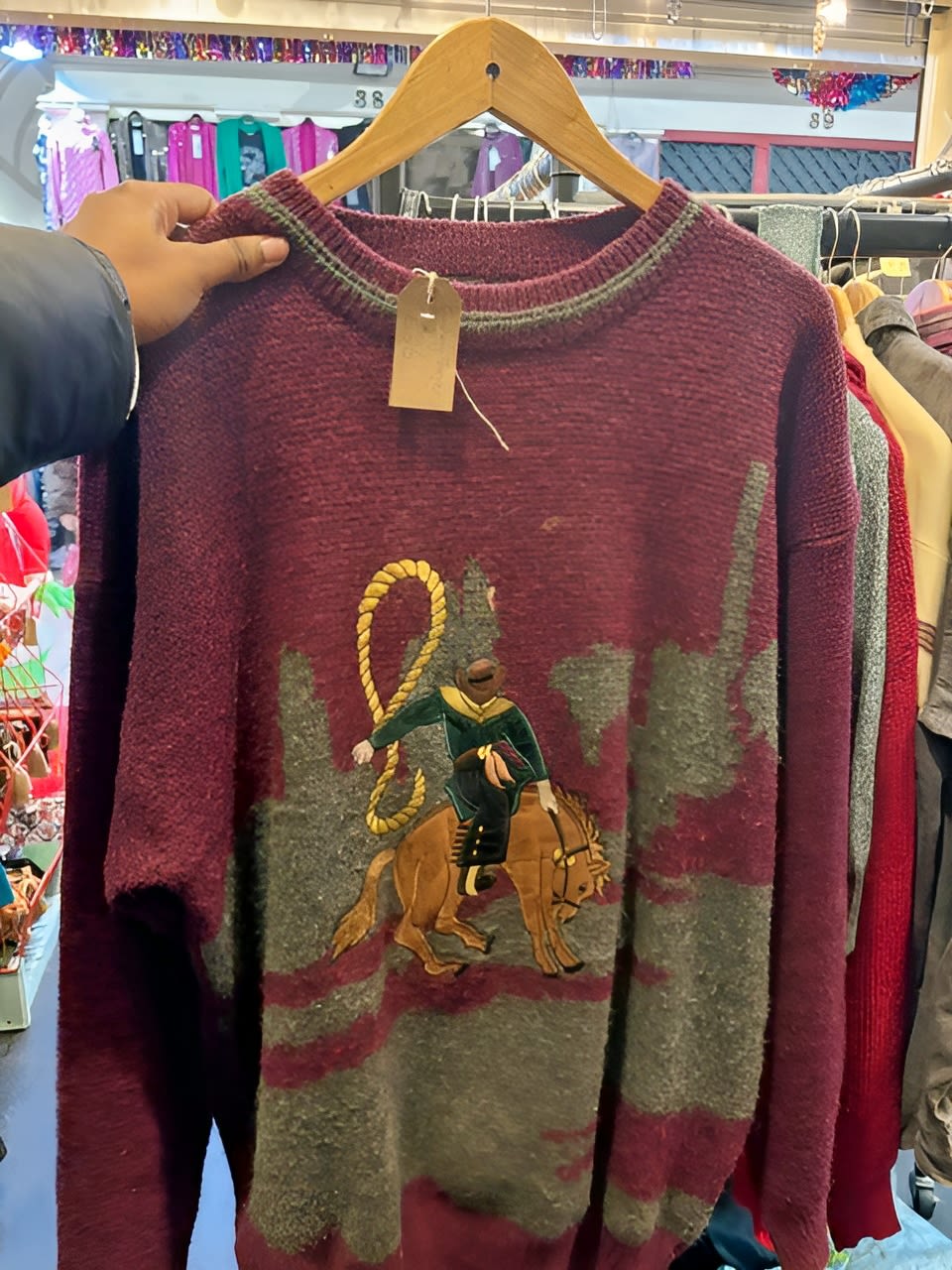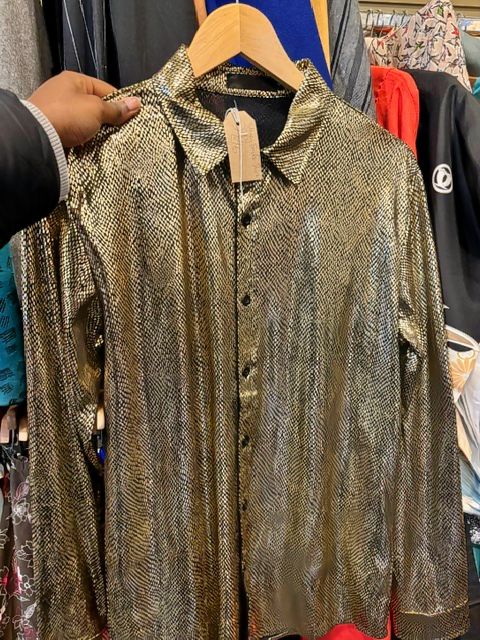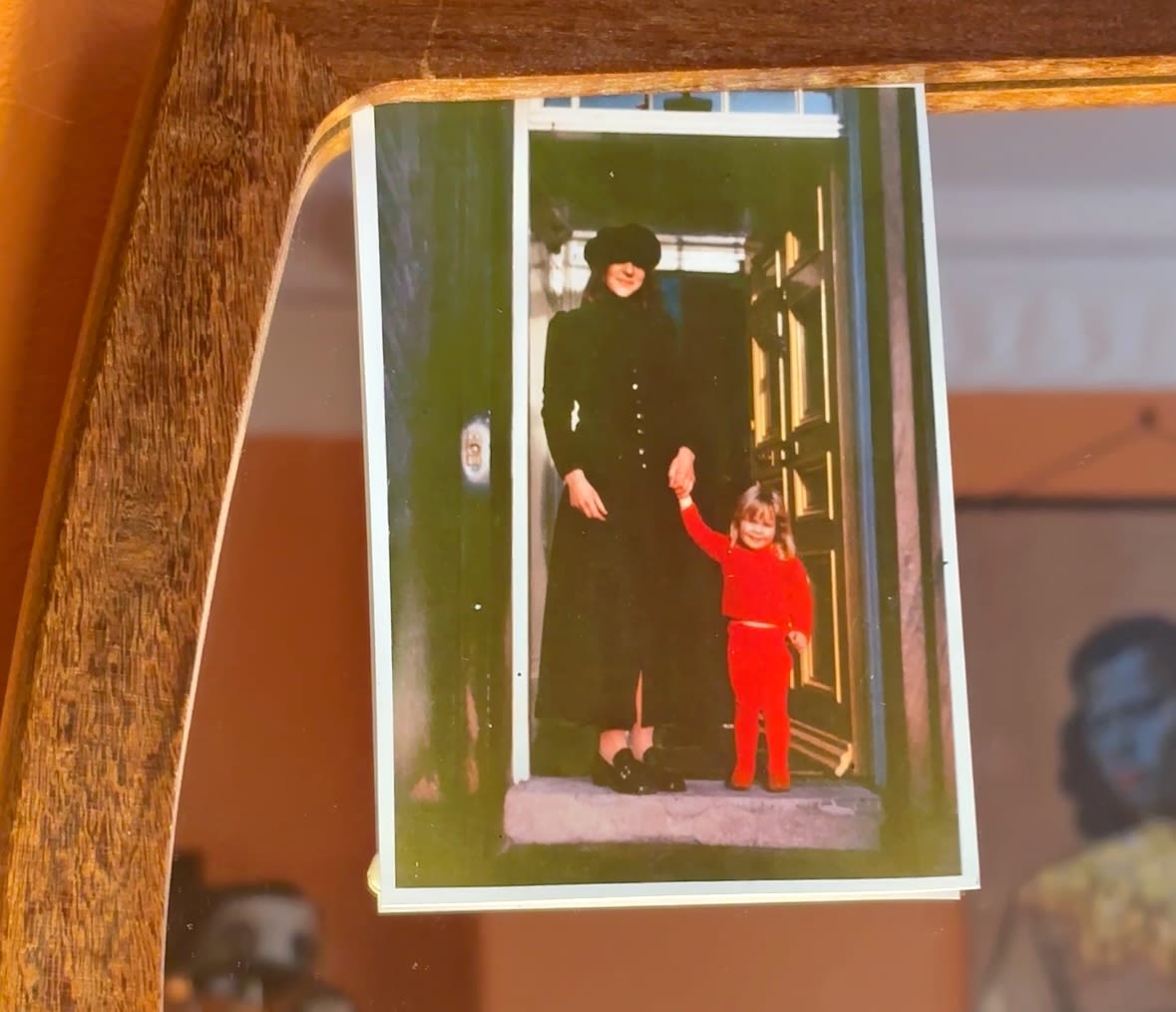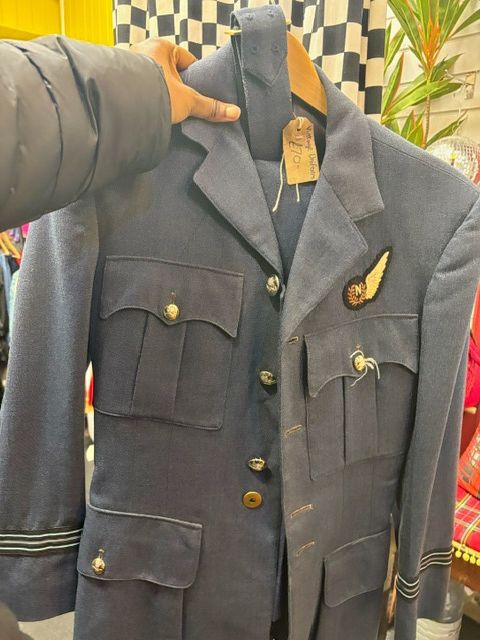Thrifting movement in the North East
How North East vintage shops are reviving Fashion and reducing waste
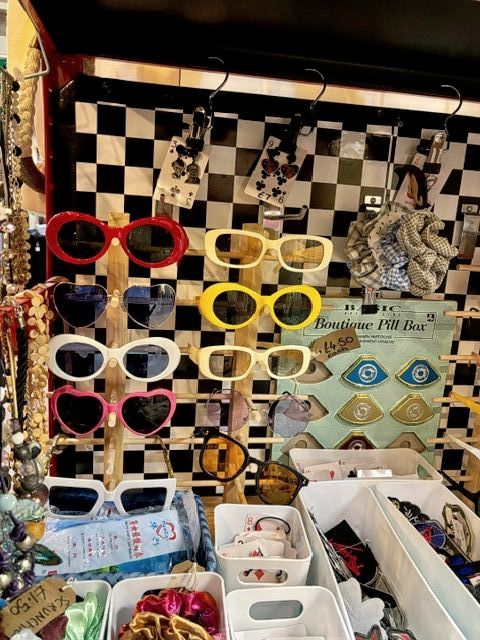
Trends come and go, and today we see a variety of styles like flare jeans trousers, biker leather jackets, and cowboy boots; all thanks to the art of thrifting.
Thrifting refers to the practice of buying or reselling vintage items (clothes, accessories, books, vinyl records). In the past, celebrities would resell their accessories to fans, another example is the auctions held by galleries to resell works of art or antiques. This practice gives items a second life and allows them to tell new stories. Nowadays, everyone has access to these treasures at attractive prices.
In the North East, numerous stores sell vintage items ranging from clothing to shoes, bags, and jewellery. Vintage shops enable customers to create a unique style, connect with the past, share stories, and contribute to environmental sustainability. Local store owners like Laura Jackson and Rachael Johnson, who manage The Friday Vintage and The Yesterday Society Vintage respectively, exemplify this trend.
Why Vintage?
For many, vintage fashion represents an identity and a means of standing out from the mainstream, while for others, it is a true passion. Laura Jackson explains that she has been collecting vintage items since she was 13. Driven by her passion, she decided to open a store.
According to an article by Vivian Hendriksz, the UK ranks as the second country with a high rate of second-hand shopping. "Following the United States, the United Kingdom is considered the second largest thrift shopping culture, with the British thrift market valued at 3.3 billion USD and 4,082 thrift stores. Notably, 70 per cent of the population engages in second-hand purchases."
Many people, particularly Gen Z and millennials, are embracing the trend of buying second-hand items. In the UK, around 9.4 million adults purchased second-hand items this year, with 84 percent of those buyers being millennials.
A study conducted for this article reveals the main reasons behind these purchases, which include quality, price, and environmental impact. Vintage clothing is often regarded as being of higher quality because, in the past, the materials used for making clothing were more labour-intensive, and designers took greater care to ensure the quality was excellent. In contrast, today’s fashion industry has shifted towards 'fast fashion,' where items are produced quickly, often leading to counterfeits and lower-quality goods.
"Since I was little, I have always found this activity enjoyable. The objects I found in charity shops were always of better quality, and I have continued this hobby until now."
- Laura Jackson -
A notable example is clothing made from animal fur. Historically, designers used real animal skins for items such as boots, coats, and even sofas. However, rising labour costs and government regulations have led many consumers to seek alternatives. In the video above, Laura Jackson demonstrates how to distinguish between real fur and faux fur.
She added : "Another way to determine if fur is real or fake is by conducting a fire test. You can use a lighter to burn a small section of the fur. If the burned part disintegrates, it indicates that the fur is real.'
Nick added that fake fur, which is more similar to plastic, will not disintegrate; instead, it will shrink when burned.
What makes it vintage?
For an object to be classified as vintage, it must come from a specific era, which can often be identified through its design, materials, or provenance. Rachael Johnson has been dedicated to this field for nearly 11 years. She explains that she can identify the origins of a piece simply by touch and sight. Additionally, she comments that studying geography at university has helped her determine the origin of certain items.
More research explains that to qualify as vintage, an item must be from before the 2000s, meaning it should be over 20 years old.
Credit: Divine Njoume
Credit: Divine Njoume
This sweater with a cowboy design from the Yesterday Society Vintage is believed to be from the '70s-'80s.
Credit: Divine Njoume
Credit: Divine Njoume
Victorian/Edwardian Repousse belt- The Friday Vintage
Credit: Divine Njoume
Credit: Divine Njoume
This glittery blouse shirt is believed to be from the disco era, the late 1960s- The Yesterday Society Vintage
How do vintage items convey stories while saving the planet?
Rachael Johnson says: 'Vintage clothing offers a sustainable and cost-effective alternative to fast fashion and in doing so reduces the climatic impact of fashion while also providing quality items that will stand the test of time'.
Credit: Divine Njoume- 'This coat was originally from Jesmond, a customer walked in and got it and then realised it was once owned by a long relative from the past, and she also lives in Jesmond' - Laura Jackson, The Friday Vintage.
Credit: Divine Njoume- 'This coat was originally from Jesmond, a customer walked in and got it and then realised it was once owned by a long relative from the past, and she also lives in Jesmond' - Laura Jackson, The Friday Vintage.
Buying second-hand clothes helps give these items a second life. The fashion industry creates 92 million tons of clothing each year, and people wear most garments only 7 to 10 times before throwing them away. Thrifting is a sustainable option that breaks this cycle.
Credit: Divine Njoume. British Uniform from the Royal Air Force service tunic, The Yesterday Society Vintage
Credit: Divine Njoume. British Uniform from the Royal Air Force service tunic, The Yesterday Society Vintage
The map below is a collection of a few vintage shops to visit in the North East, propositions made by participants taking part in the survey.
